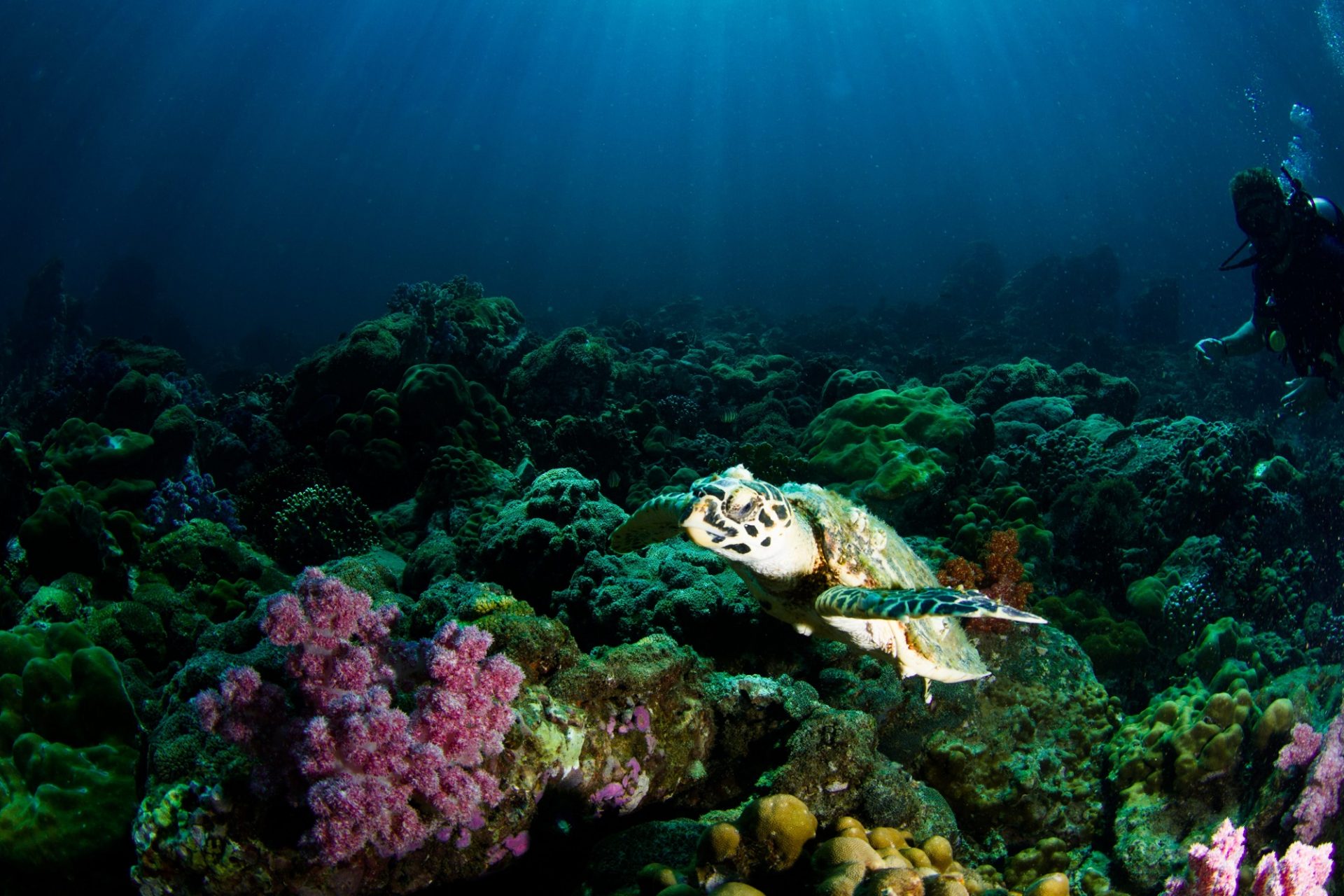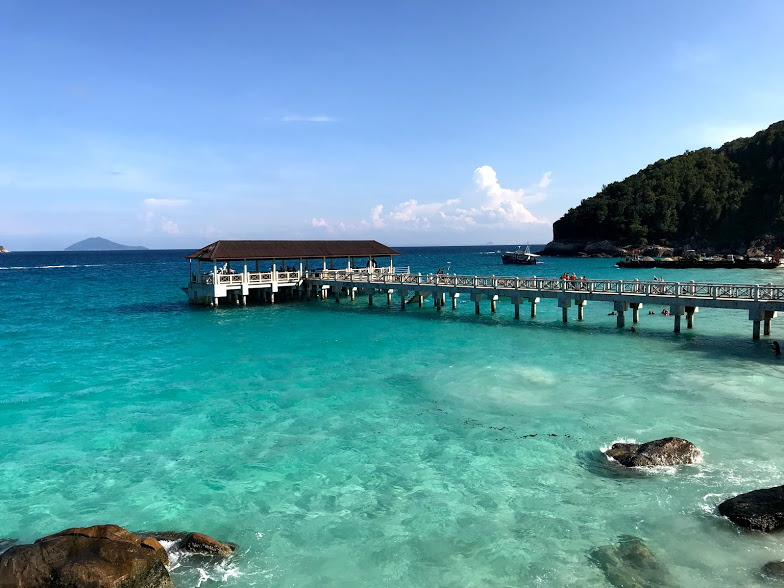Malaysia is extremely blessed, geographically and resources-wise. Not only do we escape the volcanic Ring of Fire, but we also happen to be in the Golden Triangle of diving mecca. Our dive jewels like Sipadan frequently top international lists of must-visit dive sites, so we should definitely take advantage of that before venturing overseas to dive. Whether you’re looking for the elusive whale shark, friendly turtles, or to get caught in a vortex of barracuda, check out this list of where and when to dive in Malaysia.
If you haven’t gotten your diving license but would like to find out more about the process, read our article for a first-hand guide on becoming a PADI Open Water Diver.
Sipadan Island, Mabul Island, and Kapalai – Sabah
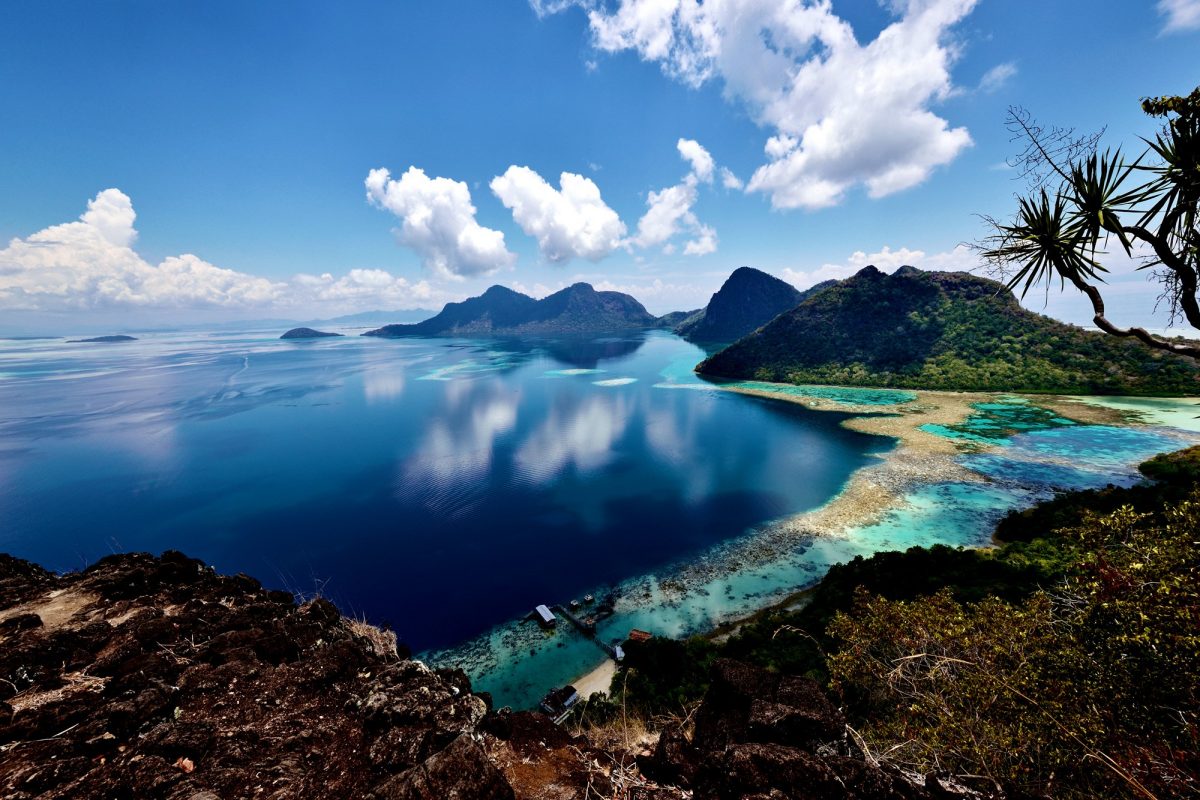
Ask any diver and Sipadan is sure to be somewhere on their bucket list of dive sites. Sipadan Island and the nearby Mabul and Kapalai islands (referred to as the Golden Triangle) offer a variety of dive types, depending on your interest. Mabul, for instance, is famous for great muck diving, while Kapalai is said to be one of the world’s best macro dive sites.
Best time: April – December, especially May – August
What to see: Barracuda vortex, reef sharks, large schools of jacks and marauding bumphead parrotfish, turtles, microlife, healthy and diverse coral garden, hanging gardens, blue ring octopus, and much more.
More on diving at Sipadan Island.
Lankayan Island, Sabah
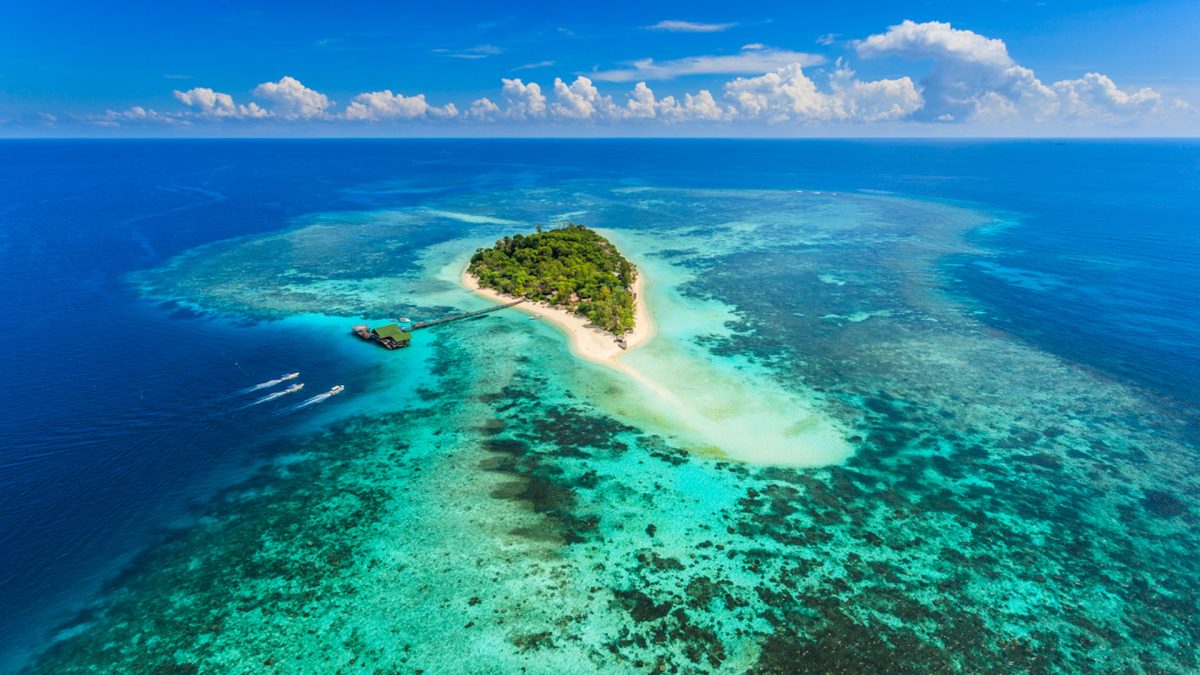
There are over 20 dive sites including several wrecks and small reefs. From nudibranchs to whale sharks, Lankayan is popular amongst muck divers and houses many big fish species.
Best time: March – October
What to see: Moray eels, turtles, frogfish, pufferfish, triggerfish, jawfish, leopard sharks, groupers, blue fusiliers, bamboo sharks, cat sharks, yellow sea perch, lobsters, hard and soft corals, and much more.
More on diving at Lankayan Island.
Layang-Layang Island, Sabah
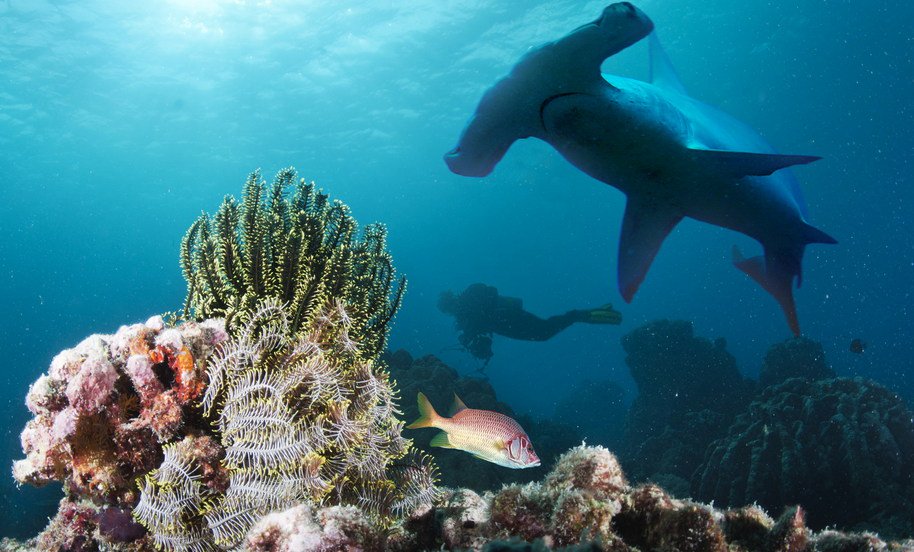
Layang-Layang Island is about 300km northwest of Kota Kinabalu, and used to be a naval base. Take note and don’t expect any beautiful beaches here, as there are none. The dive experience here however is enough to be excited about.
Best time: March – October
What to see: Schools of hammerhead sharks, coral walls, dogtooth tuna, grey reef sharks, angelfish, batfish, parrotfish, colourful coral fans, white-tipped reef sharks, turtles, sweetlips, groupers, squirrelfish, goatfish, barracudas, macro life, and much more.
More on diving at Layang-Layang Island.
Mataking Island, Sabah
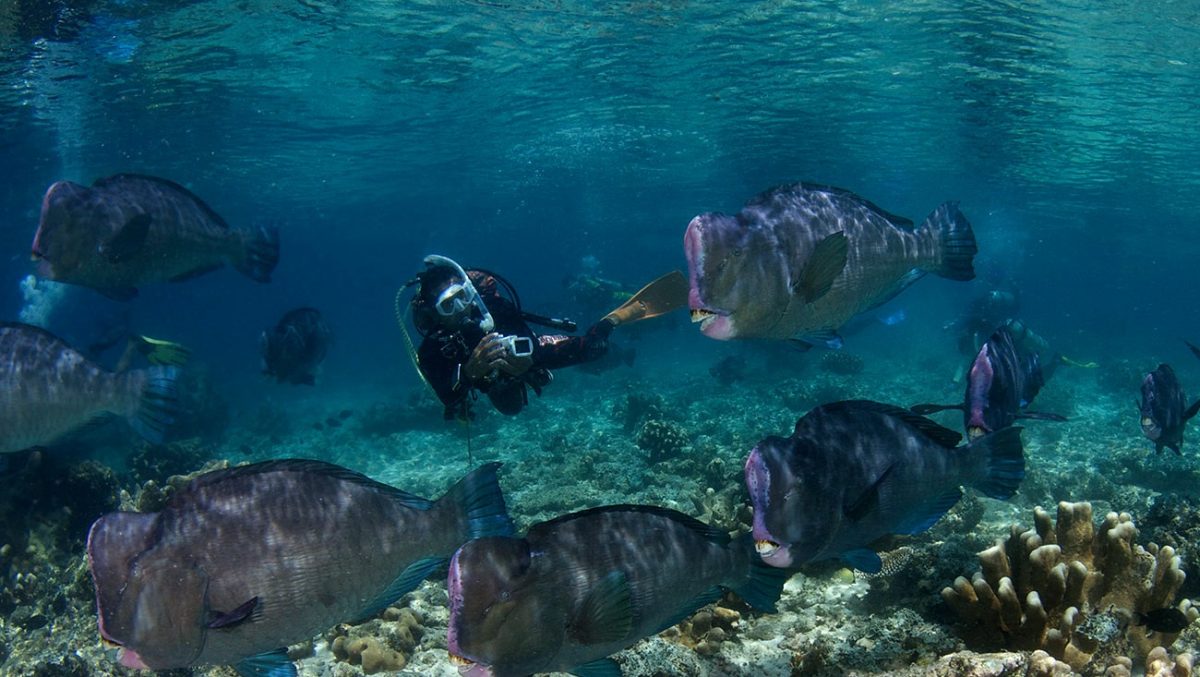
By now it should be obvious that Sabah is one of the best places to visit for fantastic dives. So if you have only one dive trip to Malaysia, you know where to go. There are more than 30 dive sites here. Don’t miss the House Reef, The Shipwreck, and Sweetlips Avenue for great macro life.
Best time: February – November (February is low season, while August is peak), April – June for best visibility and possible whale shark sightings, May – August for green and hawksbill turtles
What to see:
House Reef: Frogfish, octopus, lionfish, stonefish, and ribbon eels.
The Shipwreck: Giant moray eels, stingrays, hammerheads, manta rays, eagle rays, and whale sharks if you’re lucky.
More on diving at Mataking Island.
Redang Island, Terengganu
There are more than 20 dive sites including shore entry, wall, and deep diving options. Visibility can reach as far as 30m below surface, which makes it especially great for beginner divers. Redang is located within the coral triangle, which spans Indonesia, Papua New Guinea, and the Philippines. Dive sites within this triangle are known to have the the highest number of marine species in the world.
Best time: April – October (especially May – September)
What to see:
Tunnel Point: Bumphead parrotfish, small barracudas, jacks, and nudibranchs.
Tanjung Tokong: Green turtles, hawksbill turtles, jacks, snappers, napoleon wrasses, fusiliers, nudibranchs, flatworms, and the occasional shark.
Chek Isa (Mini Mount): Cowries, spider shells, colourful Christmas tree worms, angelfish, parrotfish, wrasses, groupers, schooling batfish, and other reef dwellers. Also great for night diving.
More on diving at Redang Island.
Perhentian Island, Terengganu
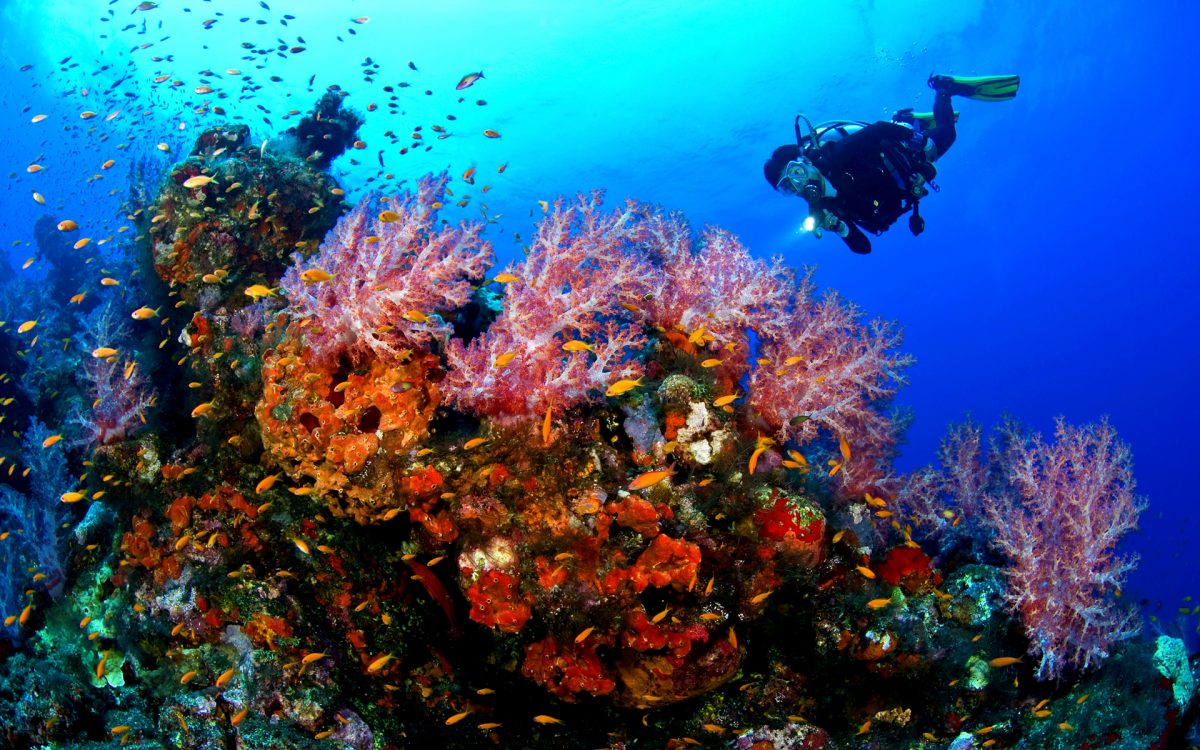
Perhaps one of the most famous dive spots in Peninsula Malaysia apart from Redang, Perhentian is usually where student divers go to get certified. The waters are shallow with decent visibility and marine life that can be enjoyed by divers of all levels. You can also experience night diving here.
Best time: April – October
What to see: Big fish, turtles, reef sharks, manta rays, scorpion fish, snappers, bamboo sharks, blacktip reef sharks, possible sighting of whale sharks, and much more.
More on diving at Perhentian Island.
Lang Tengah Island, Terengganu
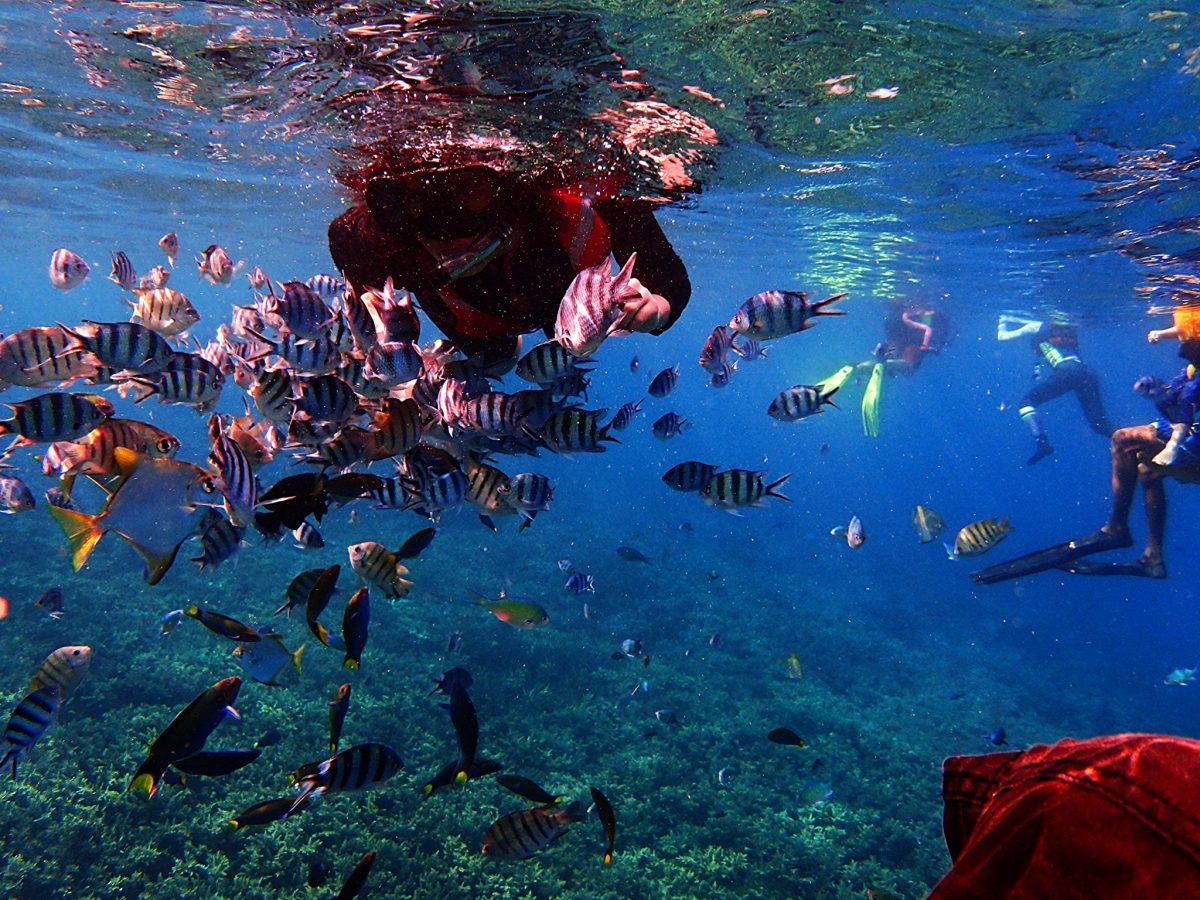
Less commercial than its two neighbours (Redang and Perhentian), Lang Tengah offers about 13 dive sites with varying depths. The island’s white sandy beaches and calm waters make it a beautiful, serene environment for pre-dive yoga sessions too.
Best time: March – October (especially April – September)
What to see: Turtles, great rock formations, colourful corals and sponges, groupers, barramundi cods, bamboo sharks, shovel-nosed rays, nurse sharks, butterfly fish, rabbit fish, wrasses, snappers, and much more.
More on diving at Lang Tengah.
Tenggol Island, Terengganu
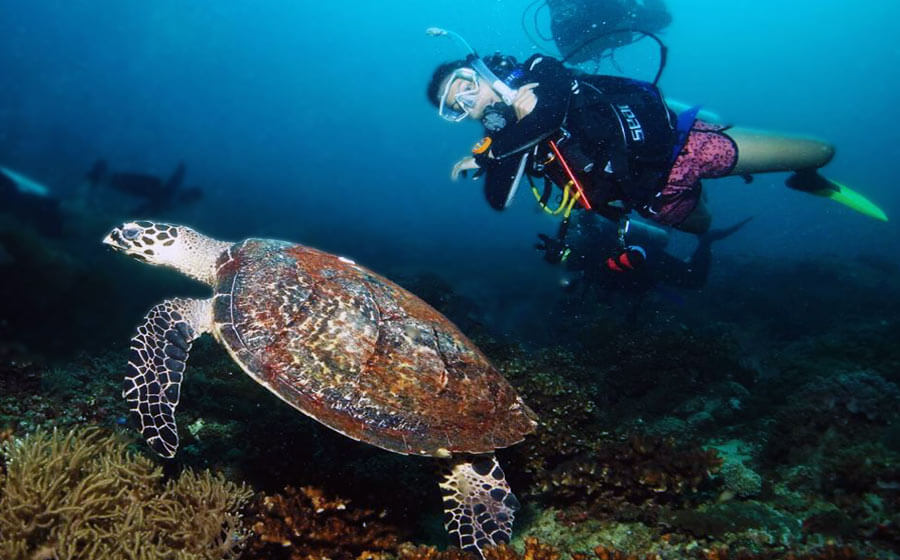
Yet another Terengganu destination, Tenggol Island is known for the many sea turtles in the area. There are sites for some really great wreck, deep, and drift diving too.
Best time: March – October (especially April – September), August – October for whale sharks
What to see: Sea turtles, large humphead parrotfish, yellow fusiliers, trevallies, coral gardens, eagle rays, blacktip reef sharks, large barracudas, and much more.
More on diving in Tenggol here.
Tioman Island, Pahang
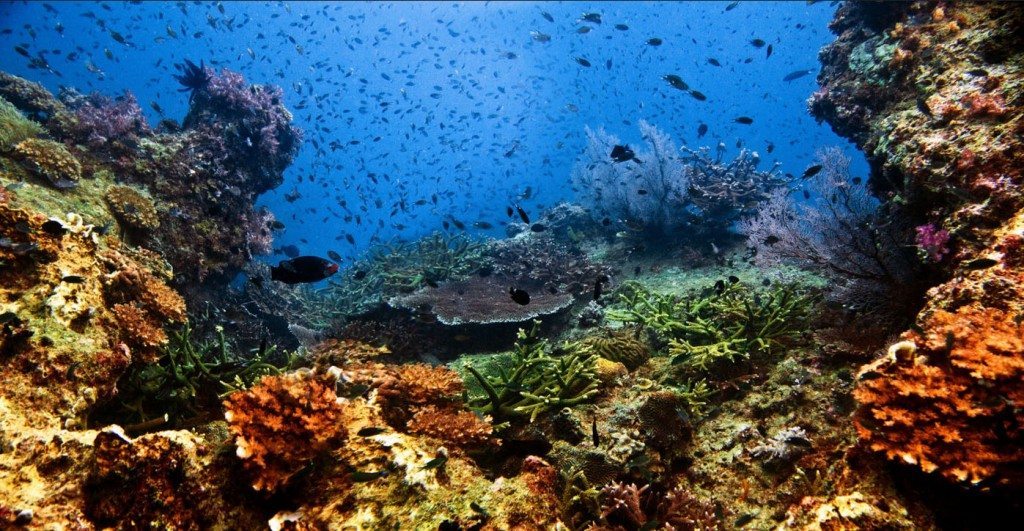
With more than 25 dive sites, you’ll be spoilt for choice between wreck and wall diving, with options of night diving too. Many areas are shallow enough to snorkel at, if you have trip buddies who don’t dive.
Best time: February – November (especially March – May and September – November)
What to see: Cool granite rock formations, healthy hard and soft corals, barracudas, cobias, blacktip reef sharks, turtles, cuttlefish, lionfish, blue-dotted stingrays, schools of jacks, mackerels, yellowtail barracudas, fusiliers, rainbow runners, and much more.
More on diving in Tioman.
Tunku Abdul Rahman Marine Park, Sabah
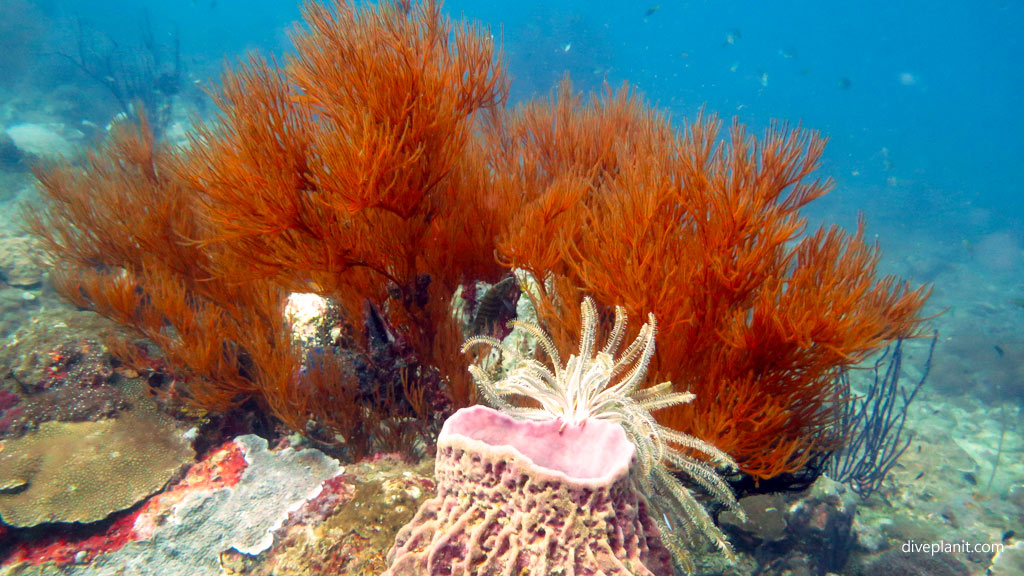
The Tunku Abdul Rahman Marine Park (or TARP) is made up of five islands and about 40 dive sites. These include scenic reef dives in coral gardens as well as muck dives to spot the weird and wonderful.
Best time: April – November, December – March for higher chance of (but limited) whale sharks
What to see: Stargazers, razorfish, pipefish, zebra lionfish, schools of barracuda, snappers, fusiliers, cuttlefish, moray eels, pufferfish, nudibranchs, all seven species of clownfish, and the rare whale shark or two.
More on diving in TARP here.
To discover more about these and other dive sites in Malaysia, click here.
"ExpatGo welcomes and encourages comments, input, and divergent opinions. However, we kindly request that you use suitable language in your comments, and refrain from any sort of personal attack, hate speech, or disparaging rhetoric. Comments not in line with this are subject to removal from the site. "

